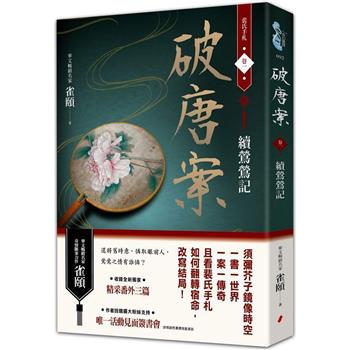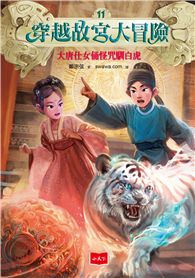圖書簡介1960s and 1970s, within the fields of biology, psychology, and neurology are findings that advance our knowledge of how the mind functions, with special attention to social behavior. Donald Munro’s focus is on what this development means, narrowly for the study of Confucian ethics, and broadly for Chinese contributions to any international discussion of moral topics. The evolutionary scientists converge with mainstream Confucians in affirming the existence of universal human social traits. There is a human nature. They also share some important positions on the content of that nature. The topic is inborn social tendencies that may predispose, but do not by themselves determine actual behavior. Neither does biology tell us what moral rules should be. Rather, it alerts us to how such information is relevant to thinking about right and wrong. And accepting the biological fact of inborn social traits leaves plenty of room for the impact of culture on ethical theory and of individual choice on action. This the author shows in his first Ch’ien Mu Lecture, “Two Kinds of Equality.” The volume provides some clues as to why Confucianism has endured for so long and for what social policies are likely to succeed in any culture.











